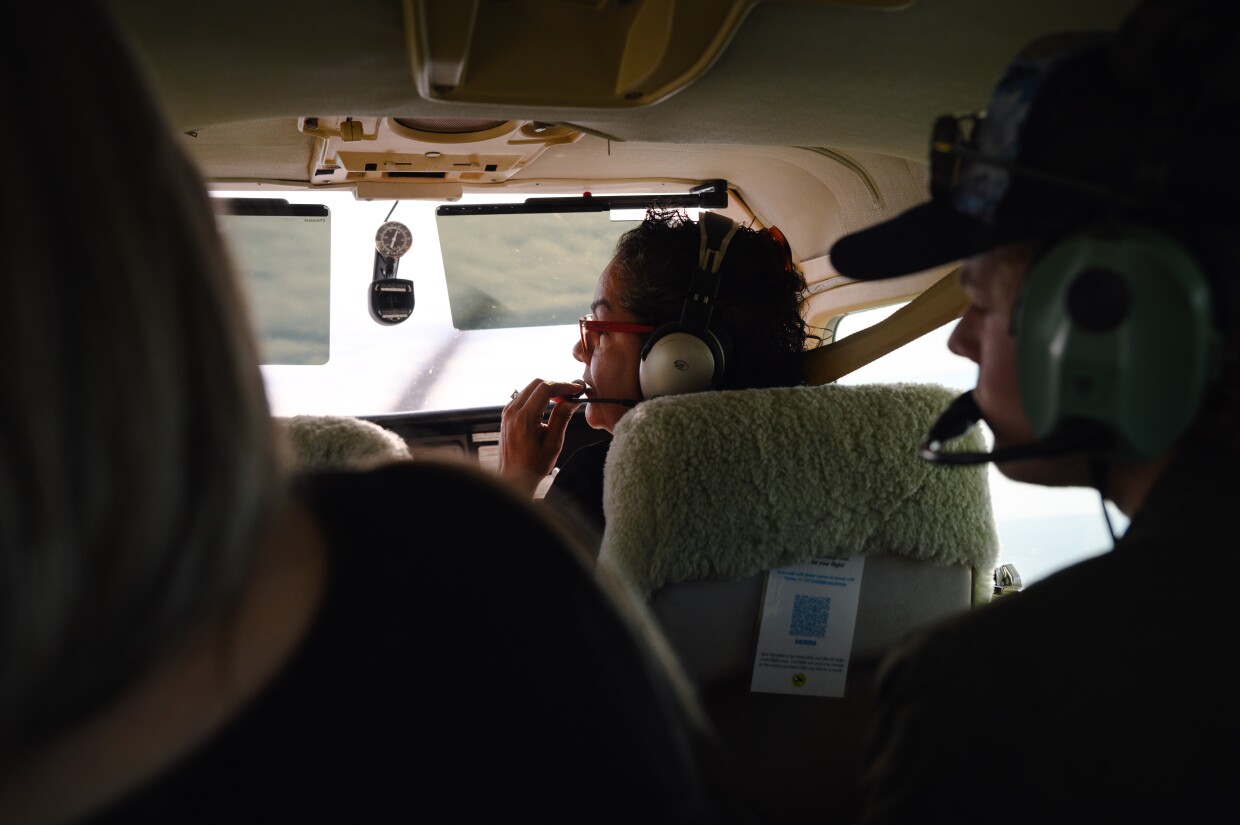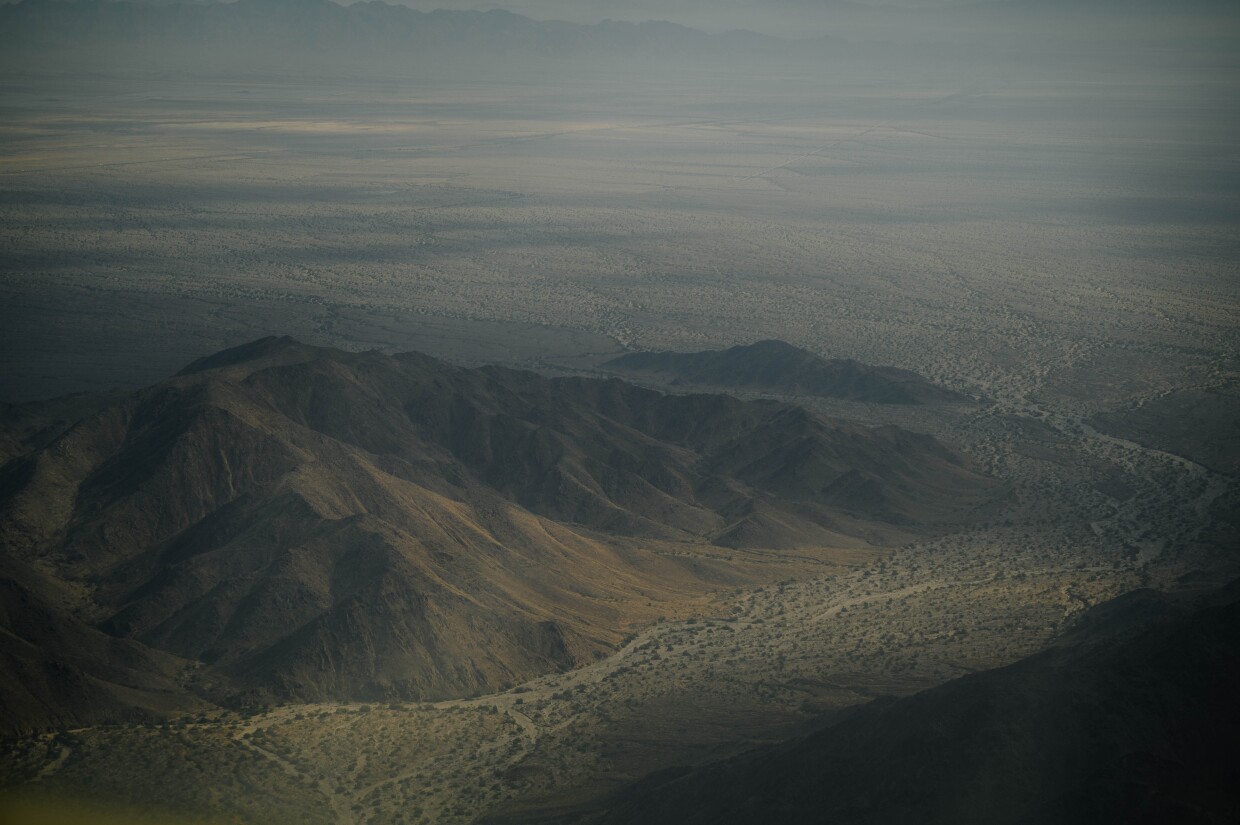Tribes and environmental groups in Southern California are celebrating after President Joe Biden created a new national monument Tuesday on the border of Riverside and Imperial County.
The Chuckwalla National Monument will restrict new development on 600,000 acres of high desert and mountains stretching to the northeast of the Salton Sea. The landscape there is home to unique ecosystems and is sacred to several tribes, including the Fort Yuma Quechan Tribe and the Torres Martinez Desert Cahuilla Indians.
The president’s planned speech in the Coachella Valley on Tuesday was postponed after Santa Ana winds picked up around noon. But the celebration among tribal leaders and environmental groups went on without him.
“My initial reaction was ecstatic,” said Joseph DL Mirelez, the chairman of the Torres Martinez Tribe. “And then my second reaction was okay — now that this happened, we need to start working on how we're going to ensure the stewardship of the monument.”
Mirelez said the tribe is hoping to restrict public access to certain sacred sites but wants the vast majority of the land open for visitors to experience.
“We want other people to come and enjoy the landscape that we have called home since the beginning of time,” he said.

In a statement, the White House said the monument would still allow construction of new electric transmission lines, along with the continued development of certain renewable energy projects.
The new monuments are part of a broader push by federal and state authorities to return some control of culturally-significant lands and waters to indigenous people.
The White House statement called the monument the final piece of a massive protected corridor of culturally and environmentally significant land reaching from the Colorado Plateau to the California desert. Others include the Baaj Nwaavjo I’tah Kukveni Monument in Arizona and the Avi Kwa Ame Monument in Nevada.
“President Biden has now conserved more lands and waters than any President in history and has created the largest corridor of protected lands in the lower 48 states,” the statement read.

Dozens of environmental groups and hundreds of scientists had joined seven Southern California tribes in pushing for the new monument. Tribes across the state had also urged the president to designate two other monuments: the Sáttítla Highlands Monument in the far northern part of the state and the Kw’tsán Monument in eastern Imperial County.
This week, Biden also established the Sáttítla Highlands Monument. But his announcement did not include the Kw’tsán Monument, which was supported by the Quechan Tribe.
Quechan officials said they would continue to advocate for federal protection of those lands. Still, they said the announcement of the Chuckwalla Monument had also brought the tribe an “overwhelming sense of peace and joy.”
“We are prepared to advocate as long as it takes for the Kw’tsán National Monument to come to fruition,” said Lycia Ortega, a spokesperson for the Quechan Tribe, in an email to KPBS. “Nevertheless, Chuckwalla is equally as significant to our people. All Tribal-led land designations are a cause for celebration.”

These latest monument designations may be some of Biden’s final acts as president, as the end of his term approaches. The White House told the Associated Press his official speech would be rescheduled for next week in Washington D.C.
It remains unclear what the future of those lands will look like under the incoming Trump administration. President Trump has carved away at and even dismantled other national monuments in the past.
Quechan leaders said the new monuments were a step toward repairing the United States’ history of oppression of Indigenous people.
“Tribes being reunited as stewards of this landscape is only the beginning of much-needed healing and restoration,” Ortega said in a separate statement. “We are eager to fully rebuild our relationship to this place.”





